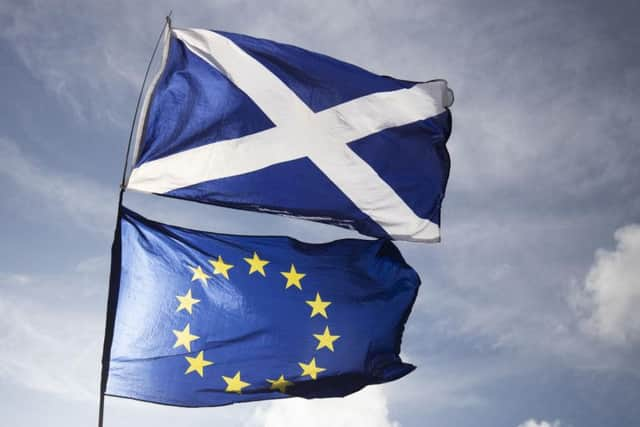EU citizens feel ‘safer’ in Scotland than in England, finds report
The “words of reassurance” that came after the 2016 referendum result from Nicola Sturgeon and the Scottish Government was a key factor in this, according to the study by the University of Birmingham.
The first report, co-authored by Professor Nando Sigona and Dr Marie Godin, draws on interviews with EU families currently and formerly residing in the UK.
Advertisement
Hide AdAdvertisement
Hide AdProfessor Sigona said: “EU citizens in Scotland are worried about Brexit and what it will mean to them and the future of their children.


“But they also feel at home in Scotland, more than elsewhere in the UK.
“They feel valued for their contribution. More importantly, they feel they can belong to the Scottish Nation because this is not in opposition with being also French, Italian, Polish and European.”
Most interviewees in Scotland acknowledged that the atmosphere in Scotland during the EU referendum campaign and in itsaftermath was not or less hostile towards them in comparison to what they heard or experienced in England.
As well as Ms Sturgeon’s words of support, the victory of the Remain side in Scotland was also taken as evidence of the majority of the Scots population being pro-European.
The perception of the Scottish identity as more inclusive than the English one, particularly following the inclusion of EU citizens in the Scottish Independence Referendum in 2014 and exclusion from the Brexit referendum in 2016.
The second report, authored by Dr Laurence Lessard-Phillips, is based on the analysis of 40 years of statistics on the population of EU nationals in Scotland.
It found that EU nationals who made under 1 per cent of the Scottish population in 1981 at the time of the EU referendum in 2016 were just over 3.9 per cent of the population.